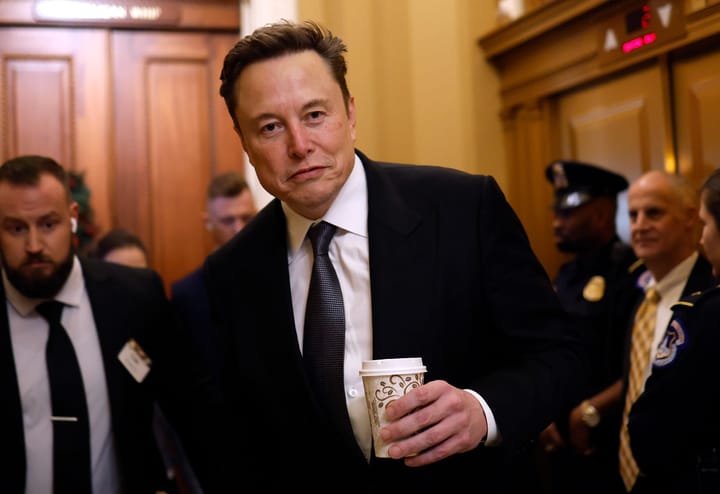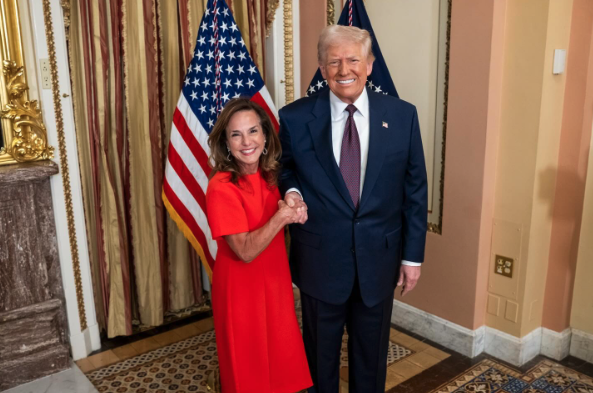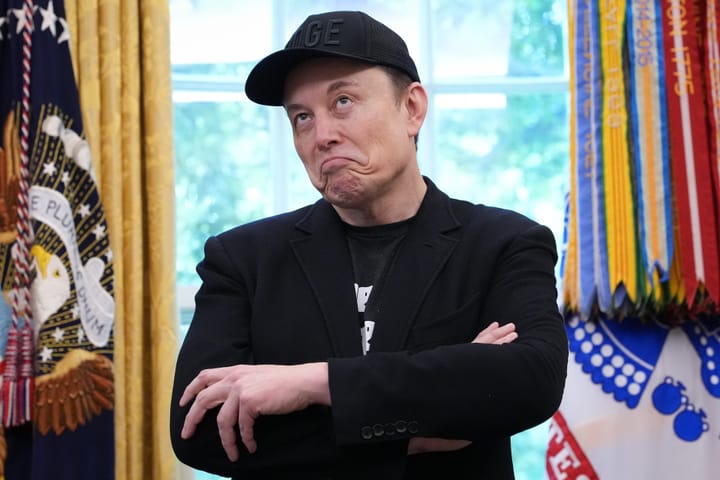Elon Musk’s DOGE team is targeting the Department of Labor, as Musk’s companies Tesla and SpaceX are under multiple labor investigations by federal agencies.
The scheduled meeting at DOL this afternoon, an initial step in gaining access to the department’s IT systems, has drawn protests from employees arguing that DOGE's incursions at the behest of Musk are unaccountable and threaten workers’ rights. Officials at more than a half-dozen agencies have raised concerns internally that Musk and the Department of Government Efficiency (DOGE)'s actions are illegal, flouting checks on executive branch power.
In November, SpaceX argued in federal court that the National Labor Relations Board (NLRB) is unconstitutional, a case joined by Amazon. The NLRB, created in 1935, is an independent agency that enforces the National Labor Relations Act and decides labor complaints.
Musk’s companies are facing enforcement actions from a slew of federal agencies, as followed by the nonprofit Public Citizen in its Corporate Enforcement Tracker, many of them over labor protections.
- At the NLRB, Tesla faces seven cases alleging unfair labor practices that would cover more than 140,474 employees.
- Tesla is also under investigation by the Occupational Safety and Health Administration (OSHA), part of the DOL, regarding a workplace death in an Austin, Texas factory.



